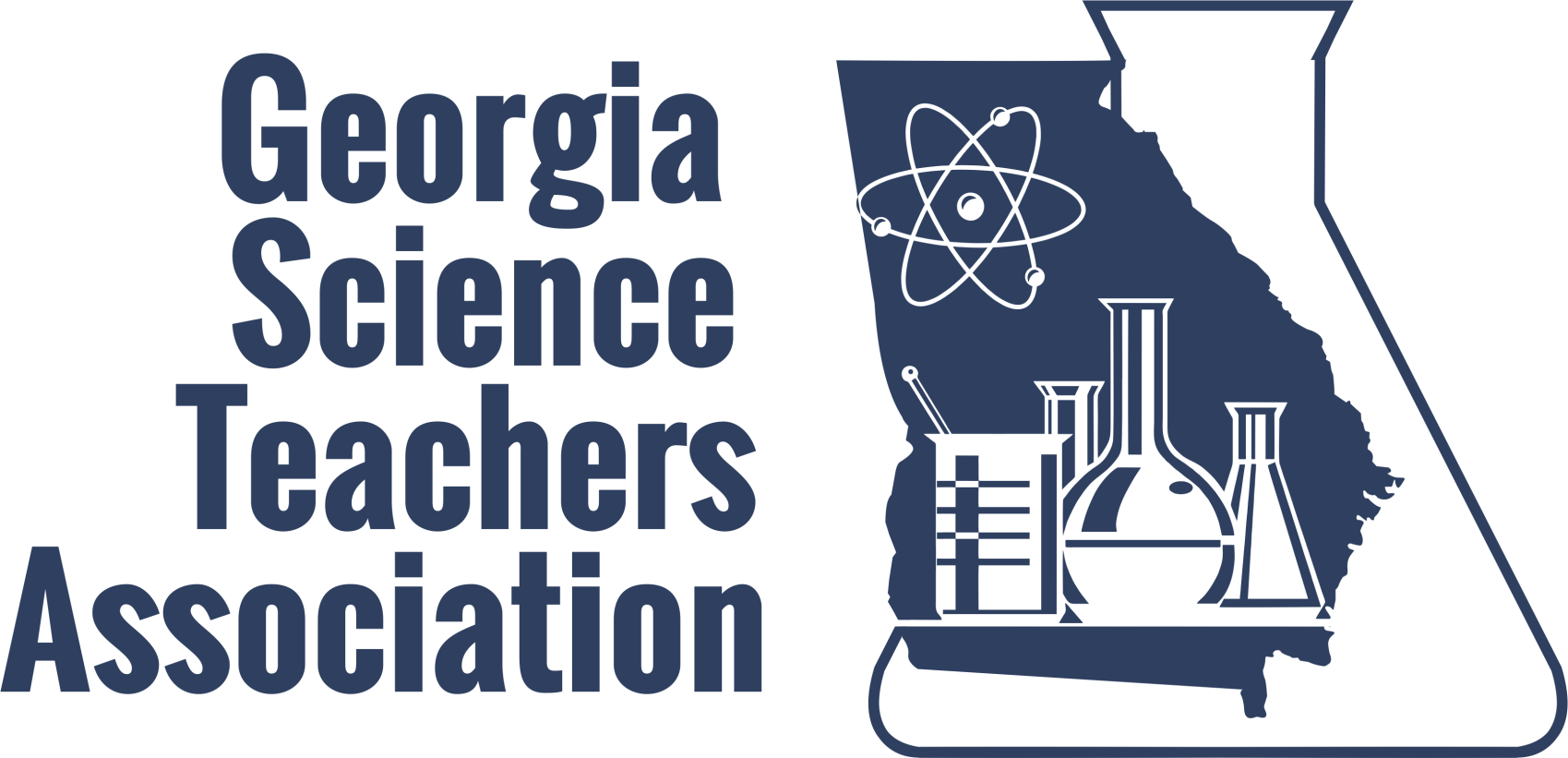|
Share This Page |
© 2023 GSTA. Georgia Science Teachers Association is a 501(c)6 non-profit organization. 860 Johnson Ferry Road NE, Suite 140-334, Atlanta, GA 30342 |
Powered by Wild Apricot Membership Software
|
Share This Page |
© 2023 GSTA. Georgia Science Teachers Association is a 501(c)6 non-profit organization. 860 Johnson Ferry Road NE, Suite 140-334, Atlanta, GA 30342 |
 Supporting Excellent Science Teaching for Georgia
Supporting Excellent Science Teaching for Georgia